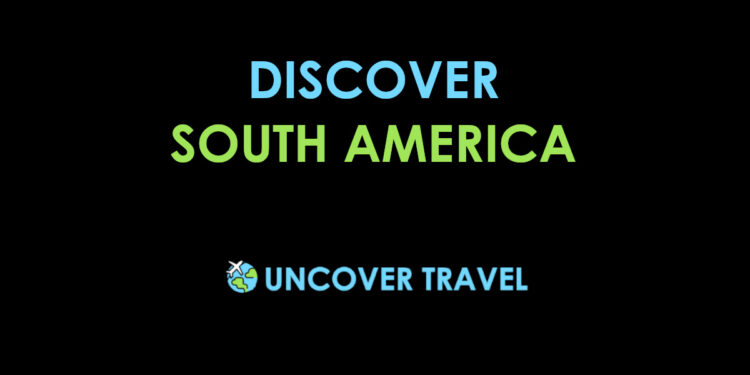The Galápagos archipelago sits in the eastern Pacific Ocean, around 1,000 kilometres (620 miles) off the coast of South America. It is made up of 127 islands, islets and rocks, of which 19 are large and four are inhabited. 97% of the total emerged surface was declared a national park in 1959 and the islands are surrounded by the Galápagos Marine Reserve, which covers an area of 133,000 square kilometres (51,352 square miles), making it one of the largest marine reserves in the world.
The archipelago and its immense marine reserve are known as a unique living museum and showcase of evolution. It’s geographical location at the confluence of three ocean currents makes it one of the richest marine ecosystems in the world. The ongoing seismic and volcanic activity that formed the islands, together with their extreme isolation, led to the development of unusual plant and animal life, such as marine iguanas, flightless cormorants and thirteen subspecies of finch that are endemic to the Galápagos. It was these unique species that inspired Charles Darwin’s theory of evolution, following his visit to the islands in 1835.
The islands have inspired a huge range of emotions, from disgust to delight, as the landscape varies from stark lava flows and bold craters adorned with candelabra cacti to lush cloud forests in the highlands of the larger islands. In 1835, Charles Darwin compared the hot and dusty islands to the infernos of hell. Yet every year visitors travel to these remote islands, where they swim with penguins, turtles and sea lions, wander past boobie birds, giant tortoises and marine iguanas that are completely unfazed by the human presence and watch as mocking birds and finches hop past.
SOURCES:
- https://whc.unesco.org/en/list/1
- https://www.livescience.com/5013-galapagos-islands-changed-world.html
- https://www.roughguides.com/destinations/south-america/ecuador/galápagos-islands/
- https://galapagosnaturalhistorytours.com/introduction-to-galapagos




